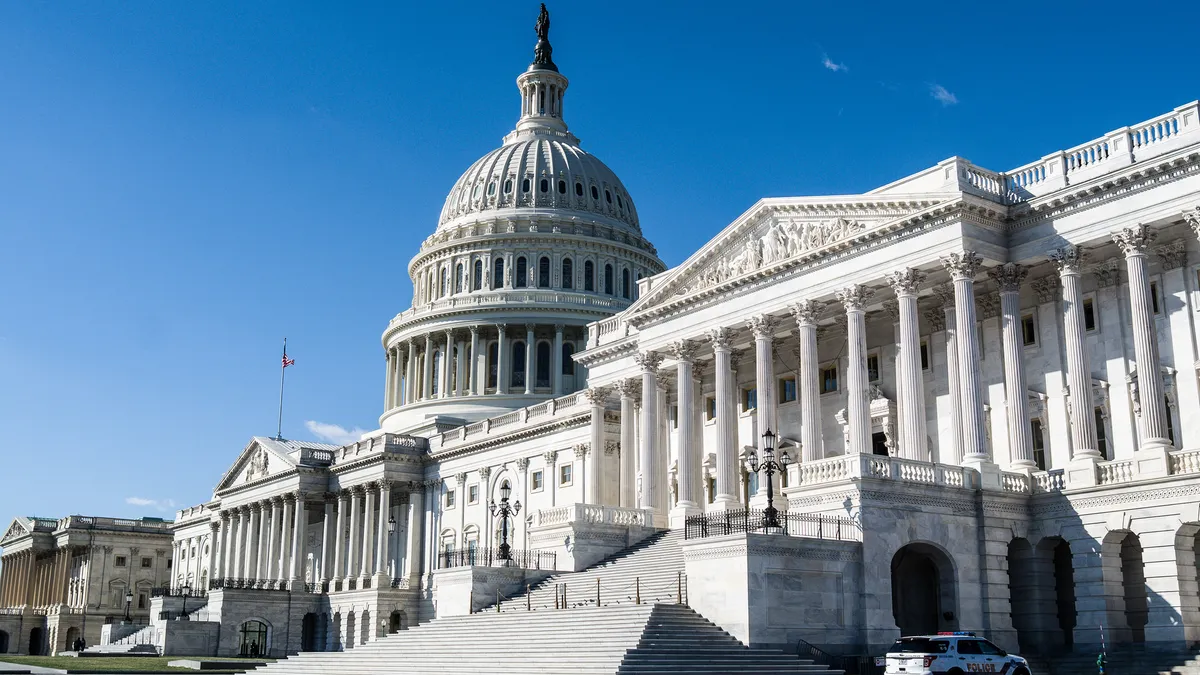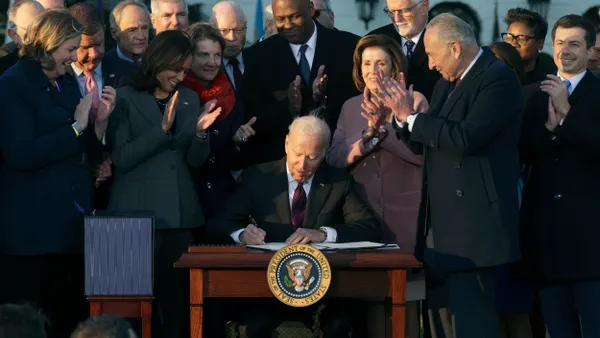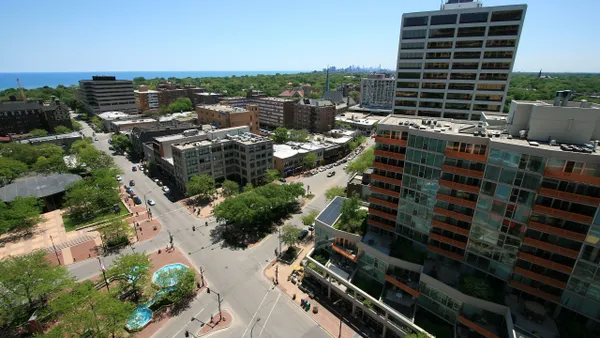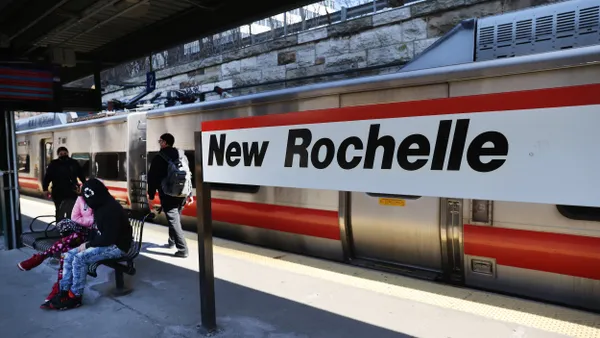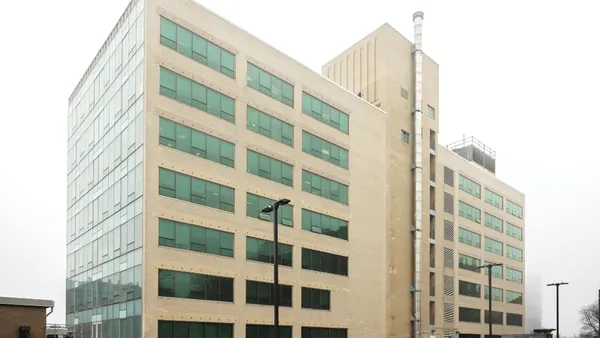Dive Brief:
- A bipartisan group of U.S. senators signed a letter last week to Federal Communications Commission (FCC) Chairman Ajit Pai urging long-term funding that would enable broadband internet and phone service to be more easily available in rural areas.
- The letter, signed by 63 senators, calls on the FCC to address long-term funding for the Universal Service Fund’s (USF) High-Cost program after having addressed its budget shortfall for this fiscal year. To encourage further investment in rural broadband, Senators urged the FCC to "provide long-term, predictable support" to the USF, as any funding shortfalls "result in lower speeds, more unserved locations and higher prices for rural consumers and businesses."
- The USF helps make sure customers in rural areas pay similar rates to those in urban areas, and the Senators said it encourages business to invest in broadband where service is needed.
Dive Insight:
Rural infrastructure was promised a major shot in the arm earlier this year by President Trump, whose $200 billion infrastructure plan included $50 billion for a rural infrastructure program that would help improve broadband internet offerings among other projects. Trump said at the time that the treatment of rural areas had "been very unfair" with regards to broadband provision, while a press conference by House Democrats showed it has bipartisan support, albeit with differing opinions on the level of funding required.
While Trump’s plan appears to have stalled in Congress amid election-year politics and other legislative actions, this letter shows legislators from both parties at least want to talk about taking action. Previously, 58 senators wrote to the FCC in April 2017 on the same issue, in addition to 102 House members that May.
There have been several proposals in Congress and at the FCC to further fund rural broadband, but it remains difficult to convince some carriers to invest, meaning a “digital divide” that also affects underserved parts of urban areas.
Programs such as the USF have helped encourage investment in rural broadband internet, although progress has at times been painstakingly slow. According to the FCC, 80% of the 24 million households in the United States that lack reliable broadband internet are in rural areas, so there needs to be a partnership between government at all levels and providers for improvement.



